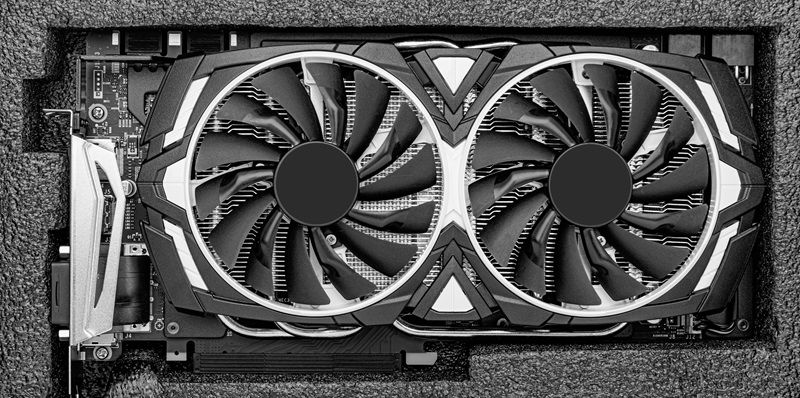Over the past year, the US government has tightened restrictions on various technologies being sold to China, resulting in limited access to advanced hardware. Notably, the American tech giant Nvidia has been severely restricted in which GPUs it can sell to China. However, recent revelations suggest the existence of a functioning underground network, enabling state actors, universities, and scientific entities in China to gain access to these prohibited chips, albeit in limited quantities.
US government restricts Nvidia sales to China
In response to concerns regarding intellectual property theft and national security risks, the US government has implemented stringent regulations on technology exports to China. Nvidia, known for its high-performance graphics processing units (GPUs), has encountered these restrictions, limiting its business operations within the Chinese market.
Neutered versions of Nvidia GPUs are also restricted
Realizing the significance of the Chinese market, Nvidia created modified versions of its GPUs in an attempt to continue operating amid the restrictions. However, even these altered cards have now fallen under the purview of the limitations imposed by the US government.
Restricted chips are still obtained in small quantities
Despite the stringent regulations, certain Chinese entities have managed to acquire the prohibited Nvidia GPUs in small quantities. A closer look at public records reveals that the Harbin Institute of Technology and the University of Electronic Science and Technology of China are among the organizations that have recently purchased these banned GPUs.
Alleged Involvement in Military Affairs
The Harbin Institute of Technology and the University of Electronic Science and Technology of China have been linked to military matters, making their acquisition of restricted Nvidia hardware even more significant. These allegations further underscore the potential risks associated with unauthorized access to advanced technology.
Origin of Forbidden Chips Remains Elusive
The report does not disclose the source of the restricted GPUs or how the Chinese entities obtained them, leaving an air of mystery surrounding their procurement. This raises questions about potential loopholes or illicit channels that enable the flow of prohibited technology despite government restrictions.
Suppliers not on the approved list
Investigations by Reuters indicate that the suppliers of the banned Nvidia GPUs were not on the company’s approved list of partners. Nvidia has emphasized its compliance with export controls and expects its partners to adhere to the same regulations. The breach in this process raises concerns about the effectiveness of monitoring and enforcing restrictions on restricted technologies.
Limited impact of underground network
While the sale of a handful of restricted GPUs may not significantly impact the overall restrictions imposed by the US government, the existence of an underground network highlights the persistence of demand for these coveted chips. It also exposes the challenges faced by both authorities and companies in controlling the distribution and availability of restricted technology.
Over 100 transactions uncovered
The Reuters review revealed that more than 100 transactions involving banned Nvidia GPUs have occurred since the restrictions were first implemented in October 2022. The sheer volume of these transactions implies widespread efforts to circumvent the regulations, further highlighting the resilience of the underground market.
Functional Underground Market
The emergence of a functional underground market for Nvidia GPUs due to chip restrictions was an anticipated outcome. Despite the limitations, Chinese entities, driven by technological advancement, national security concerns, or other motives, have managed to establish networks to acquire these restricted chips. This discovery underscores the persistence and adaptability of those seeking unauthorized access to advanced technology.
Ongoing challenges and consequences
The report’s findings shed light on the ongoing challenges faced by governments, businesses, and regulatory bodies in controlling the distribution and availability of restricted technology. As technology advances and global supply chains become more complex, the need for stringent and proactive monitoring measures becomes paramount to ensure the integrity of export control systems.
The restrictions imposed by the US government on Nvidia’s GPU sales to China have not deterred certain entities in the country from obtaining prohibited hardware. Recent revelations suggest the existence of an underground network enabling restricted Nvidia GPUs to reach state actors, universities, and scientific entities in China in limited quantities. This development highlights the resilience of demand for advanced technology, the challenges faced in enforcing export control measures, and the ongoing need for vigilance in safeguarding intellectual property and national security concerns.

